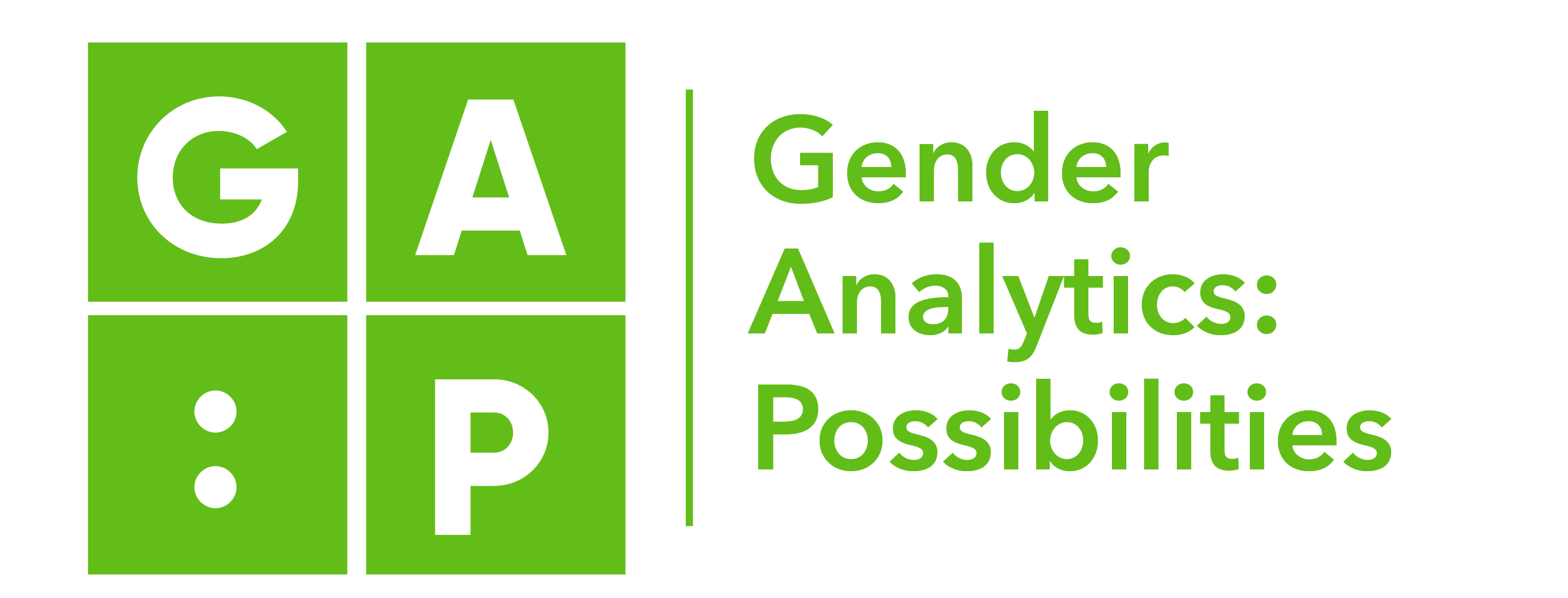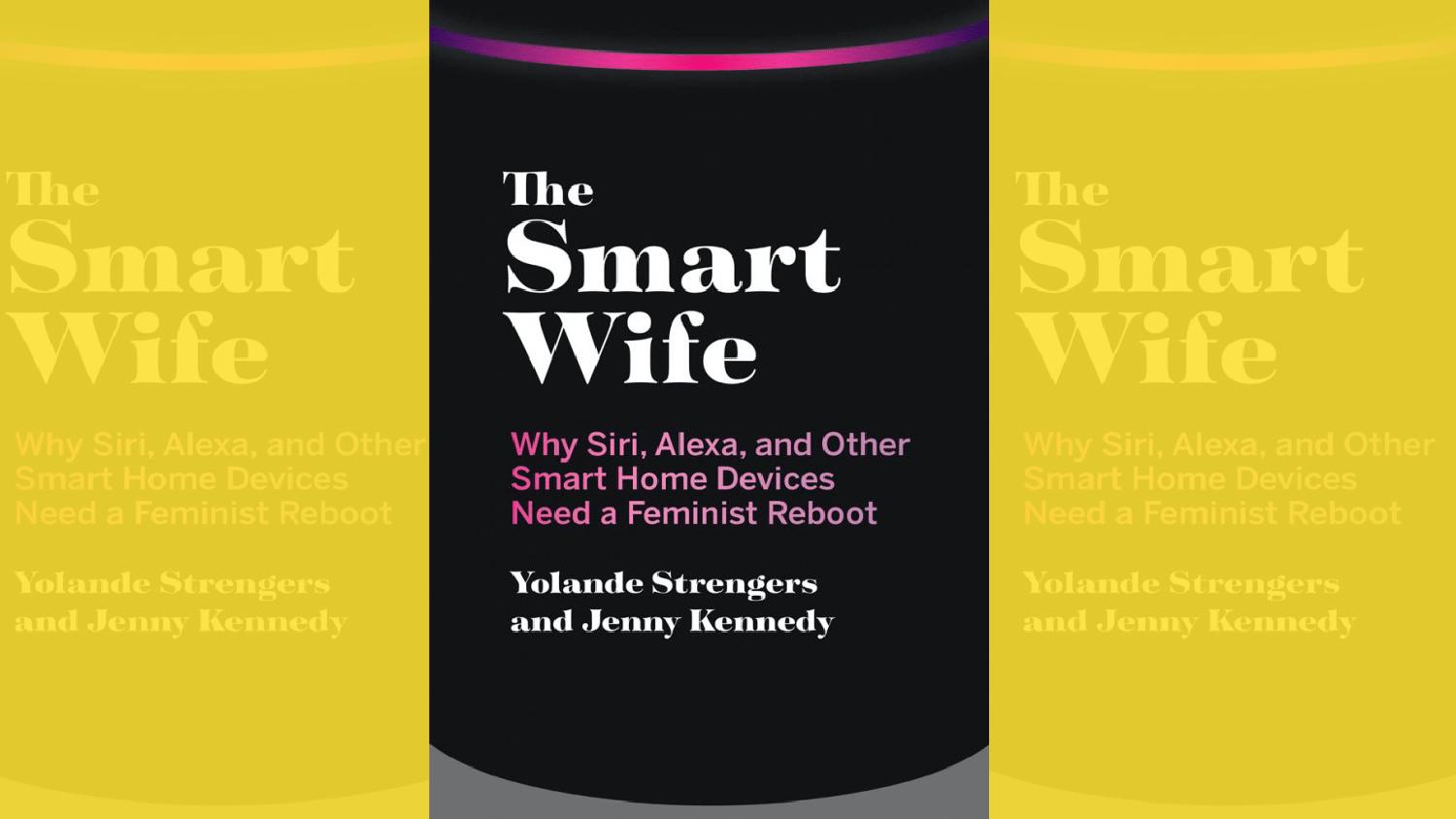The life and times of the Smart Wife—feminized digital assistants who are friendly and sometimes flirty, occasionally glitchy but perpetually available.
Meet the Smart Wife—at your service, an eclectic collection of feminized AI, robotic, and smart devices. This digital assistant is friendly and sometimes flirty, docile and efficient, occasionally glitchy but perpetually available. She might go by Siri, or Alexa, or inhabit Google Home. She can keep us company, order groceries, vacuum the floor, turn out the lights. In The Smart Wife, Yolande Strengers and Jenny Kennedy examine the emergence of digital devices that carry out “wifework”—domestic responsibilities that have traditionally fallen to (human) wives. They show that the principal prototype for these virtual helpers—designed in male-dominated industries—is the 1950s housewife: white, middle class, heteronormative, and nurturing, with a spick-and-span home. It’s time, they say, to give the Smart Wife a reboot.
As Strengers and Kennedy remind us we like our assistants to conform to gender stereotypes. The design of gendered devices re-inscribes these outdated and unfounded stereotypes. Advanced technology is taking us backwards on gender equity. Strengers and Kennedy offer a Smart Wife “manifesta,” proposing a rebooted Smart Wife that would promote a revaluing of femininity in society in all her glorious diversity.
What is the “smart wife?”
Integral to the concept of the smart wife is “the slow death of the wife.” Women are entering the workforce which leads to a labor shortage at home: there are fewer women available to take up the roles, responsibilities, and tasks that were traditionally assigned to them. The technology industry introduced feminized digital assistants to perform some of the tasks that women traditionally did. The feminization of these smart home devices is a deliberate strategy from the tech industry to not only fill this “wife drought” but also to enable the public to be comfortable and feel un-threatened by these devices that are entering their lives and a rapid rate.
Do these smart devices save labor and time?
Kennedy says that a smart wife “brings the assumption that you should be more organized and be able to achieve more in your day”, but that is not always the case. This added pressure from smart devices to be more productive often backfires for women. The devices themselves need forms of care work. There’s a lot of energy that goes into deciding what kind of device to bring into the home, setting it up, and troubleshooting it when something goes wrong. This takes its own form of labor, which distracts women from their other obligations. It also doesn’t make it easier for men, who have traditionally been seen as the “fixers” of the house. When these smart devices break down, they have an additional form of labor as well, which is to troubleshoot and get them working again. Smart devices were initially designed to relieve work, but in many ways the caring and management of these devices is still an additional chore for families. .
How are smart wives connected to big data?
Smart devices allow large tech companies to be omnipresent and ever listening in our homes and lives. We generate a lot of data about ourselves for these companies, without really thinking about how this is shaping our lives and our society. Smart devices operate across diverse households from all ranges of income backgrounds, as digital assistants are now being given out with other purchases and subscriptions for free. Thus, big tech companies are pushing these devices into our homes while overcoming the purchase barrier. There is a big conversation to be had about data extraction. As Strengers says, ” [we need to think about] how slippery these devices are coming into our homes, and then how that draws people into these big tech ecosystems.”
Can we divorce the smart wife?
It’s unrealistic to ask people to completely divorce the smart wife. Smart devices are deeply embedded in our lives: they are in our phones, our TVs, speakers and more. These devices, despite their shortcomings, can still be useful to many. Instead of putting the onus on the consumer, pressure needs to be put on the companies and people who have the power to regulate them. In Strengers and Kennedy’s view, big tech companies need to take the responsibility to be more equitable in their practices and designs. [and, if you want to know more about how to do this, check out our Gender Analytics courses!]
Watch Yolande Strengers and Jenny Kennedy discuss “The Smart Wife.”

The Gender Analytics: Possibilities (GA:P) Event Series is an exciting multi-session online series. This unique online experience will highlight how emerging areas of analytics applied to issues around diversity and gender shape risks and opportunities for many organizations, operations and outcomes. Experts in data analytics, gender, and diversity, and inclusion more broadly will share their research and insights to an audience of business, academic, and government leaders.
The GA:P Event Series is being planned jointly by two Rotman research centers, the Institute for Gender and the Economy (GATE) and TD Management Data and Analytics Lab co-organized by Susan Christoffersen (Co-Academic Director, TD MDAL), Sarah Kaplan (Director, GATE) and Matt Mitchell (Co-Academic Director, TD MDAL)




